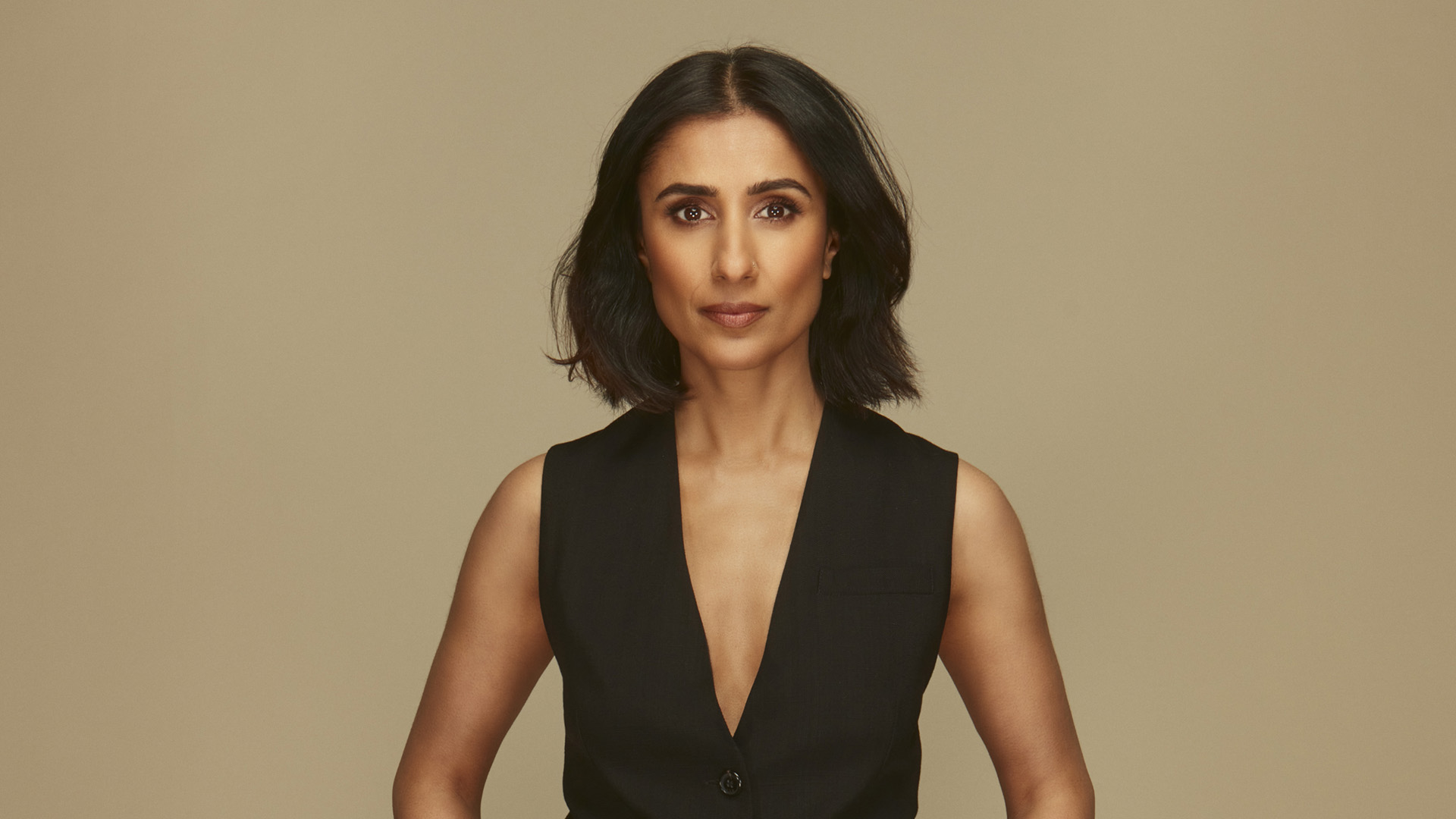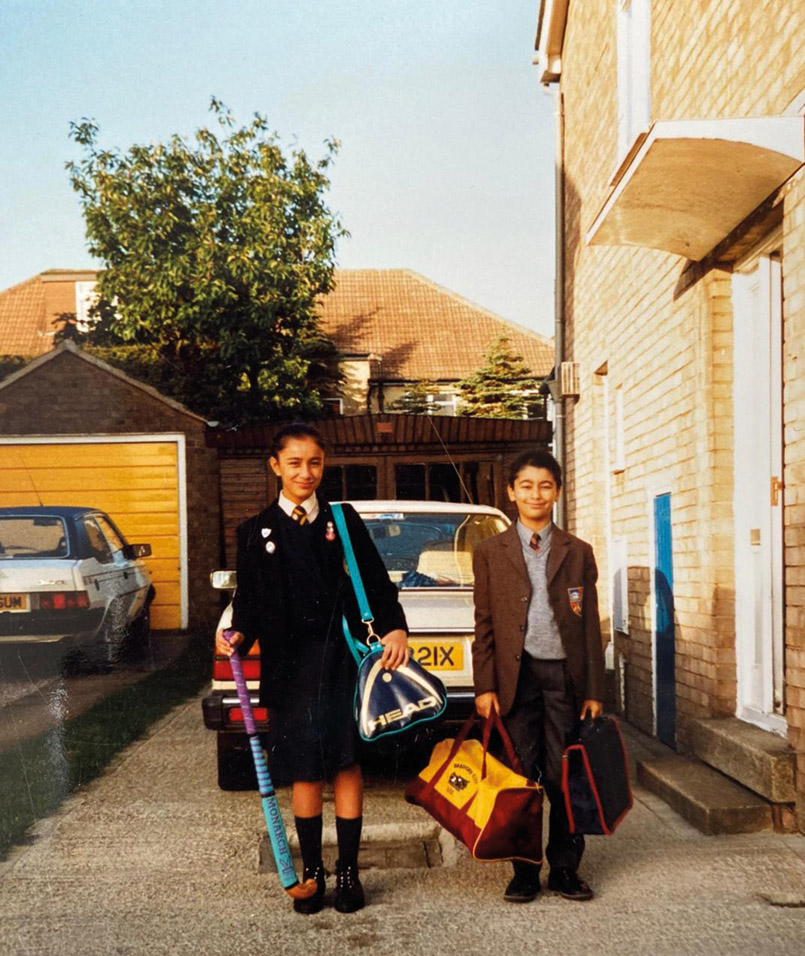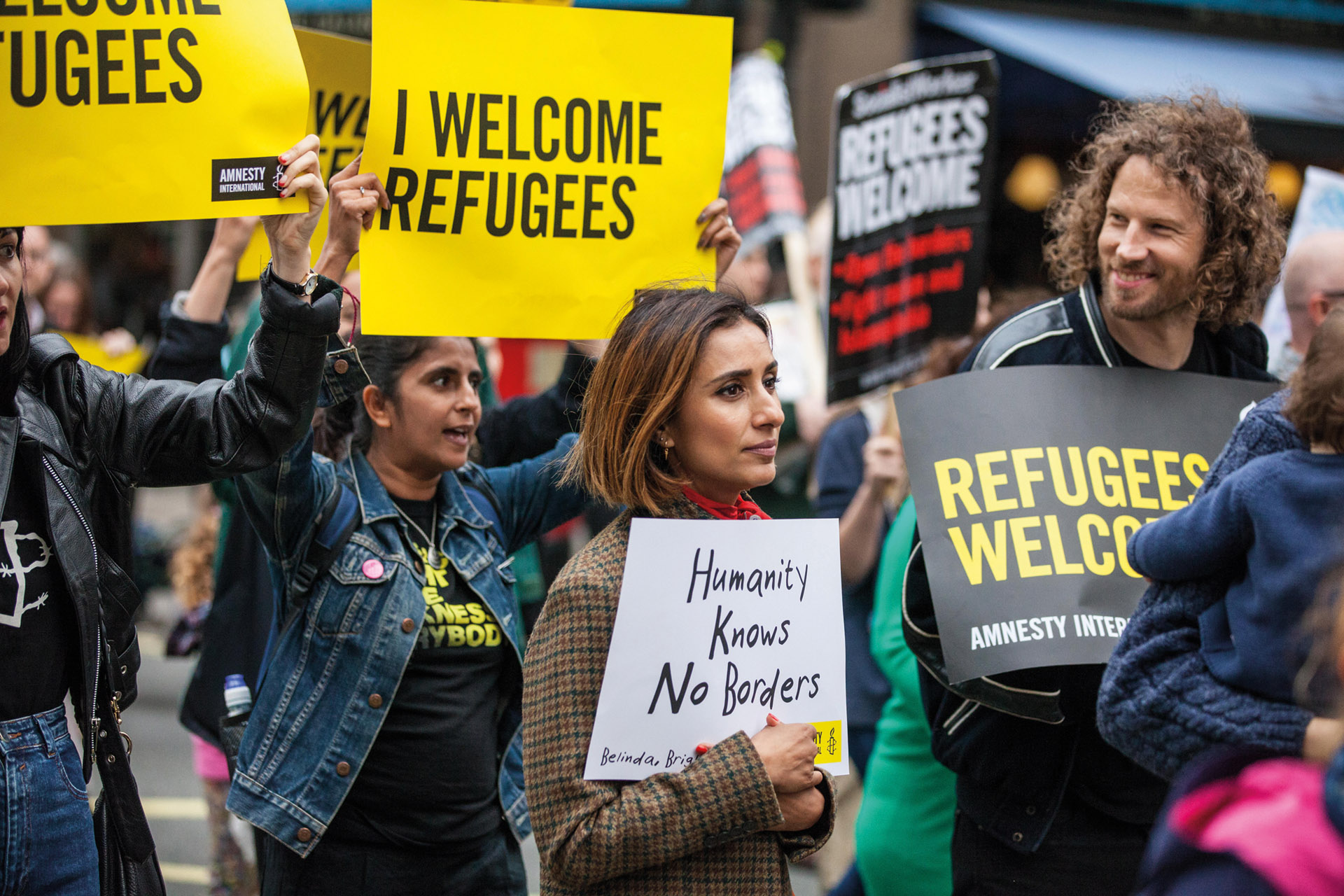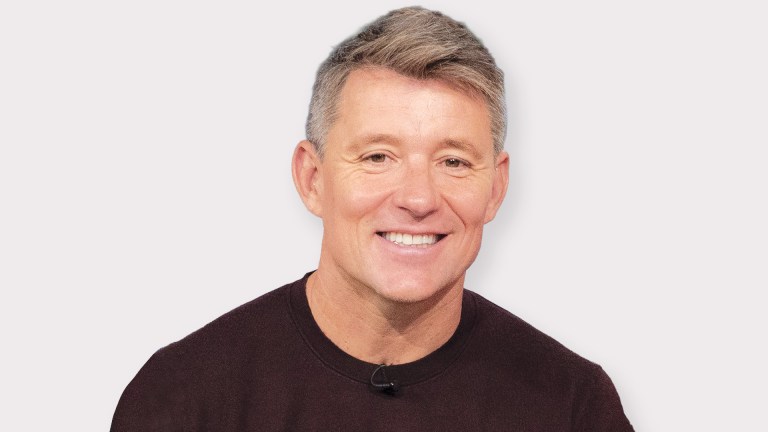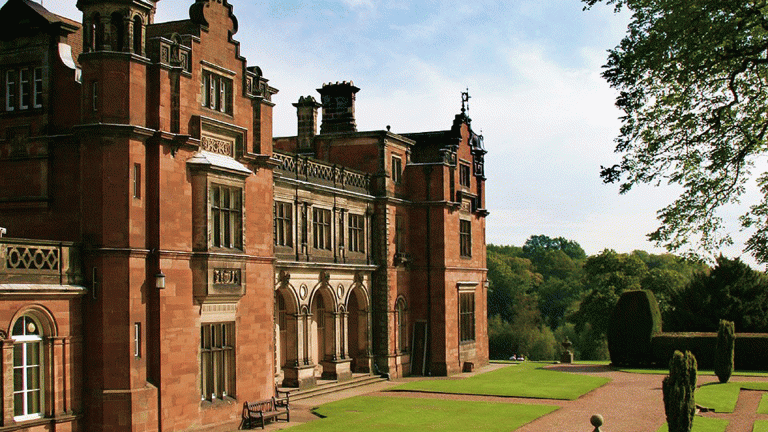Born and raised in Bradford to a Hindu father and a Sikh mother, Anita Rani hosted her first radio show at the tender age of 14 on Sunrise Radio. She studied broadcasting at the University of Leeds before heading to London to get a job with the BBC. A range of presenting jobs in pop and current affairs followed, including Countryfile, Weekend Breakfast on Five Live and Woman’s Hour, as well as a stint on Strictly in 2015, where she reached the semi-finals. In 2021 Rani published her memoir, The Right Sort of Girl, which made The Sunday Times Bestseller List. She lives in East London with her husband.
In her Letter To My Younger Self, she recalls the young girl with big ambitions who had to grow up fast, yet never lost sight of where she came from, and explains why she owes her parents everything.
At 16 I was living in Bradford and spending a lot of time in HMV. I was planning my escape really, looking forward to getting to university and getting the heck out of Bradford. Music was my world. I had left the world of pop music behind, and I was finding my own voice. I was confused, I was angry. I was listening to a lot of The Smiths alone in my bedroom. I was painting my nails black, I was wearing Doc Martens boots and Converse trainers, which interestingly, if you fast-forward many years, I’m still wearing. I don’t know whether I should be worried about that.
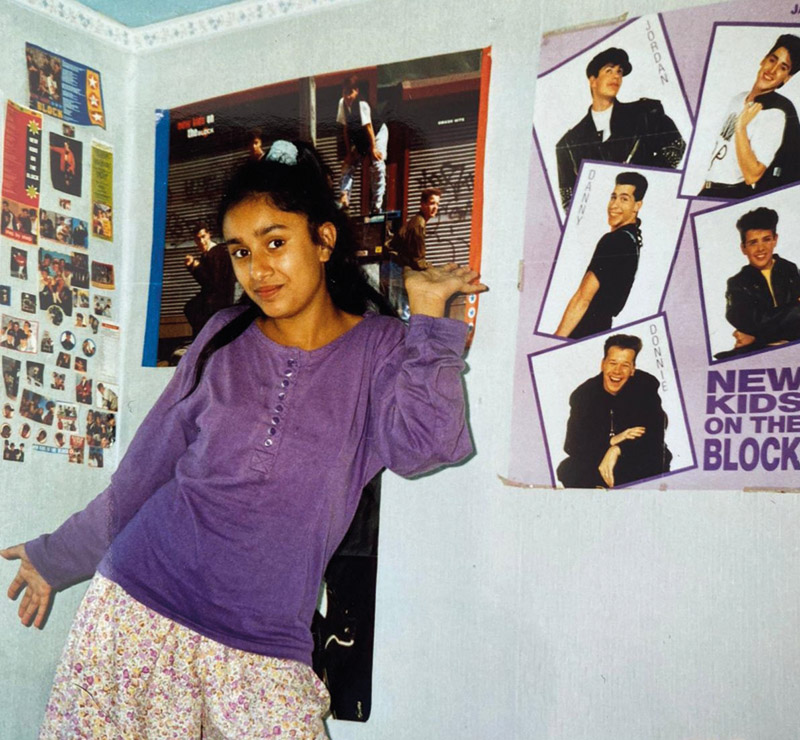
Photo: PR supplied
I was very friendly though, perhaps unusually so for an Asian woman. I think I might have blown your stereotype. I definitely remember feeling too brown to be white and too white to be brown. So I didn’t really fit in in any world. But I was quite confident and content. I would always chat to a stranger, I still do.
We were an unusual Asian- Indian family for the 1980s and 90s because most people back then, and still some to this day, live in joint families. My mum came from India to marry my dad; she left beautiful India and moved to Bradford – a shock to her system – in 1976. My dad’s family are a very working-class Punjabi family who have been in Britain since the 1950s. So culturally, my parents are quite different. My dad’s a real Yorkshire man. And my mum came in her early 20s from quite a middle- class Indian family. They left home quicker than was usual for Indian couples – they had me and then my brother and they didn’t stay with my grandparents, which was unusual. So we didn’t really have this big extended joint family around us all the time.
I think I’m a bit of both of my parents. They are very highly energised people with an incredible work ethic. They just wanted to make a better life for me and my brother, so they started a business and put all of their energy into it. I was especially aware of how hard my mum was working. Writing my book, it really made me think about the power and the strength of these amazing women who came from a foreign country to another land where they were completely invisible. They had to learn so many new things and keep families together in a culture that traditionally treated them in a certain way. And they never complained. I kind of realised it’s because of them that I am where I am today.
